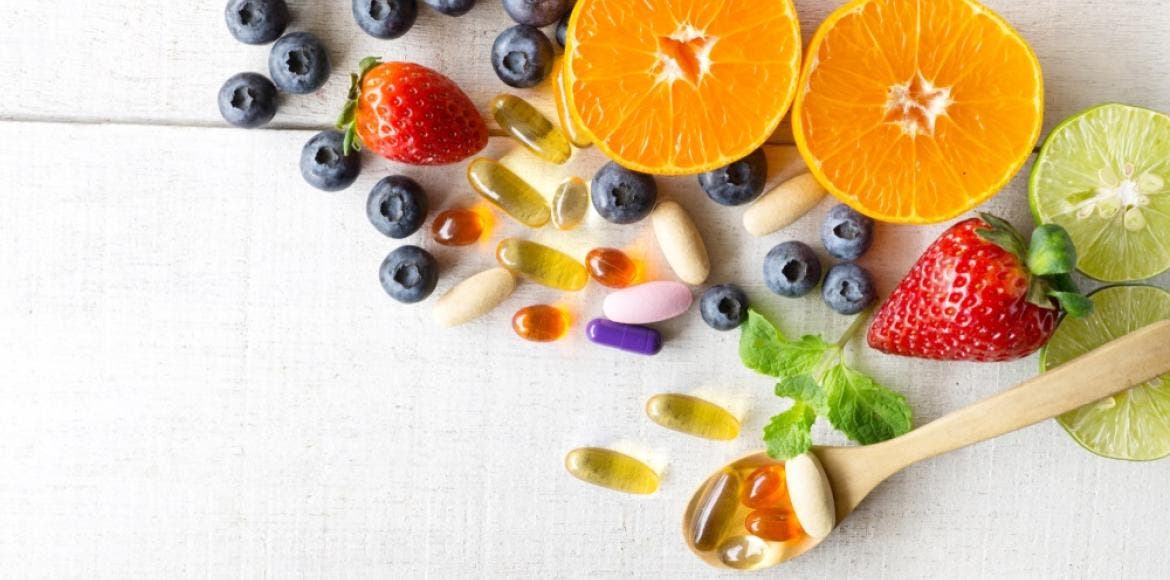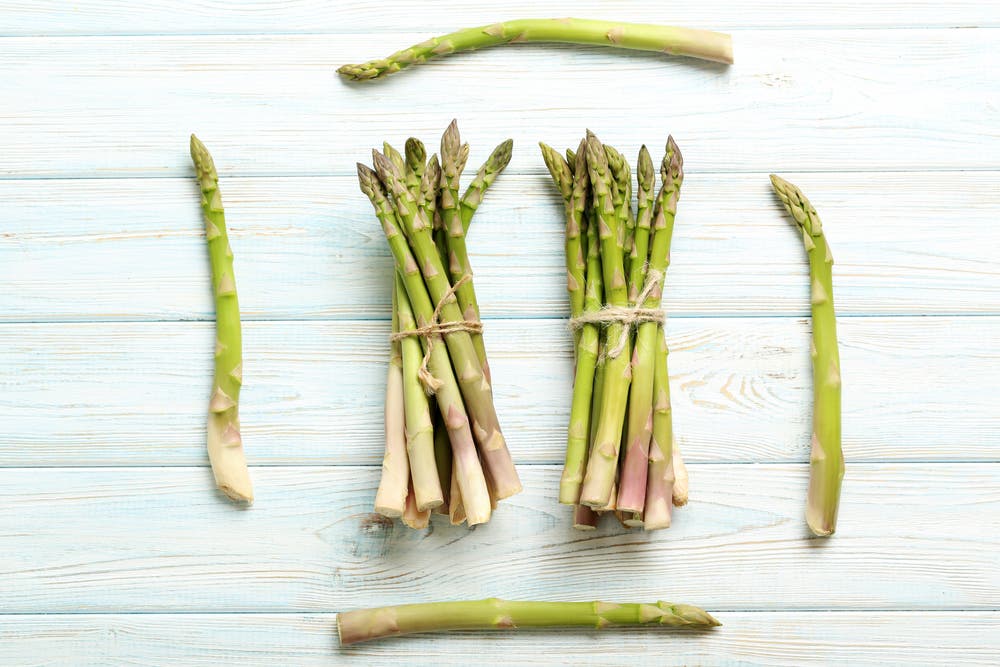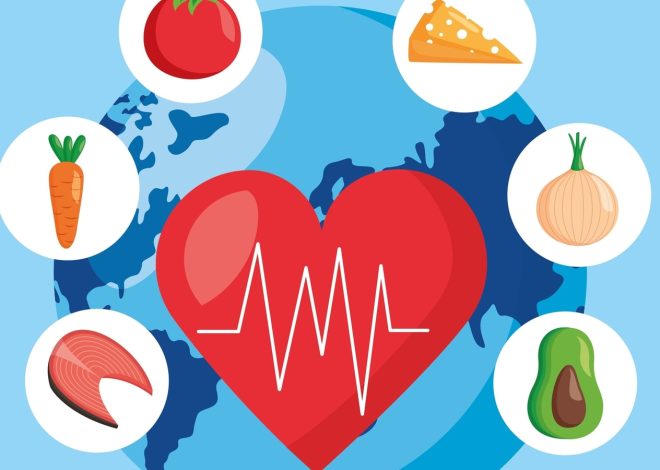
Foods that strengthen the immune system
On public transport, at home or at work, we are surrounded by microbes which, if our immune system weakens, are just waiting to express themselves with strong symptoms in us.
Seasonal illnesses like flugastroenteritis, respiratory infections can seem uncontrollable, however the contents of our plates can help us avoid catching them or alleviate the symptoms.
Note, however, that the immune system is not just a parameter to play on, but an entire system, as the name suggests. For it to function as best as possible, your entire lifestyle must be balanced and not just your diet. There are studies that evaluate the effects of diet, exercise, age, psychological stress, etc. on several aspects of the immune response.
How to strengthen the flora to stimulate the immune system
The health of the flora is closely linked to that of the immune system, so it is a priori the first barrier to pamper in order to avoid falling ill.
The intestinal flora (or microbiota) is composed of non-pathogenic bacteria that protect the intestines. They are what prevent “bad” bacteria from sneaking into the bloodstream or proliferating in the intestines.
The microbiota represents 70% of the effectiveness of the immune system. So for these bacteria to help you fight against those that are pathogenic, you must provide them with a favorable environment.
Prebiotics are the “food” of good bacteria (or probiotics). They are mainly in the form of indigestible fiber. It is strongly recommended to consume at least 2 to 3 foods that are sources of prebiotics every day.
Here are the foods richest in prebiotics:
- Garlic
- Asparagus
- Onion
- Leek
- Barley
- Oats
- Citrus
- Kiwi
- Linseed
- Chia seeds

Pamper your probiotics This is good, but sometimes there are not enough good bacteria in the microbiota due to a poor diet (with too many ultra-processed foods, too much sugar, etc.), or following antibiotic treatment. This can be remedied by consuming probiotics, either in the form of food supplements or through food.
Foods richest in probiotics:
THE mushroom has beneficial effects on the intestinal flora and could also modulate immunity by increasing the proliferation of T lymphocytes, improving the functioning of immune cells and reducing inflammation.
What foods strengthen the natural immune system?
Certain micronutrients appear to play a direct role in the immune system. This concerns in particular:
Vitamin A
This vitamin stimulates the production of white blood cells as well as that of antibodies when given to people who lack them.
Here are the foods to favor (without excess) to stock up on vitamin A:
- Cod liver and cod liver oil
- Animal liver
- Egg yolk
- Butter
- Dairy products

Vitamin C
There vitamin C is a powerful antioxidant that helps fight free radicals, limit the oxidation of macrophage white blood cells but also support the immune system, especially in people who lack it. In addition, it promotes iron absorption.
Here are the foods to stock up on vitamin C:
- Guava
- Yellow pepper
- Cassis
- Red bell pepper
- Kale
- Lemon
Zinc
THE zinc plays an important role in immunity: a zinc deficiency causes a disruption of the immune response and inflammation.
Here are the foods to stock up on zinc:
- Raw oyster
- Beef
- Toasted sesame
Foods that weaken the immune system
These are generally pro-inflammatory and high glycemic index foods. When inflammation is chronic, the immune system remains activated for a long time. Inflammation causes the immune system to age and reduces the quality of its anti-infection defenses.
Chronic inflammatory factors include advanced glycation end products, or AGEs, a large portion of which is dietary. Browning of food indicates the presence of AGEs. Fatty foods, meats, cheese, if they have undergone processing or if they are cooked at high temperatures contain a large amount of EFAs. When it comes to meats, the foods richest in EFAs are poultry, pork, fish, eggs and lamb. Processed foods high in carbohydrates, such as biscuits and some breakfast cereals, contain particularly high amounts of EFAs.
A diet with processed, sweet, fried products, with a high glycemic index, rich in meat and cold meats, strong alcohols, butter, pastrieshas been linked to an inflammatory state.
Read also: How to naturally boost your immunity (subscribers)
Food affects the immune system
Beyond individual foods, a more general diet can have an effect on immunity. Thus, an American study led by Yasmine Belkaid, now general director of the Pasteur Institute, reveals that immune responses occur quickly when people adopt a vegan or ketogenic diet (1).
In this study, the vegan diet contained approximately 10% fat and 75% carbohydrates, and people following this diet chose to consume fewer calories than those following the ketogenic diet. The keto diet contained 76% fat and 10% carbohydrates.
The researchers followed the biological reactions of people following one of these two diets for two weeks. They found that the vegan diet provokes reactions linked to innate immunity, the body’s first line of defense against pathogens, such as viruses. For its part, the ketogenic diet caused reactions associated with adaptive immunity, which occurs a few days after exposure to a pathogen: keto increased the number of T and B cells.
Both diets changed the participants’ gut microbiota.
Food supplements good for the immune system
Among the many supplements that support immunity include:
- vitamin C : Many components of the immune system require vitamin C to function optimally (2). It is therefore important not to miss it given its essential role in immune function (3). Vitamin C supplementation could help reduce the duration of respiratory infections, as suggested by the results of a recent meta-analysis (4);
- zinc : lacking zinc constitutes a risk factor for suffering from recurrent infections because zinc is involved in the proper functioning of the innate and adaptive immune system (5). Zinc supplementation could also reduce the duration of colds (6). Zinc is essential for everyone but some people are more likely to be deficient, notably vegetarians, the elderly, pregnant women or people suffering from intestinal disorders (Crohn’s disease) or alcoholics;
- echinacea, a plant native to North America which contains compounds that can act on certain components of the immune system. It has antimicrobial and antioxidant properties (7). Echinacea may help prevent colds in a small but significant way. It would reduce the duration of symptoms by 26% (8). Other studies confirm its beneficial effect in preventing respiratory infections as well as complications and reducing the use of antibiotics (9).
For a more detailed list of supplements, read our comparison: Immunity Supplements: Make the Right Choice (Subscribers)
How to have a stronger immune system and boost your immune defenses?
- Don’t smoke/stop smoking
- Eat enough fruits and vegetables
- Maintain a healthy weight and waistline
- Drink alcohol only in moderation
- Get enough sleep (at least 6.5 hours per night)
- To keep infections away, wash your hands frequently (when cooking, handling different foods (dirty vegetables, raw meats, etc.), when leaving public transport, when in contact with sick people …)
- Stay at a distance from others (at least two meters) during an epidemic
- Wear a mask during an epidemic, particularly in public transport and closed places
- Limit stress
Books to go further: Treat yourself with bee products, and Let’s stop sabotaging our immunity

Ethel Purdy – Medical Blogger & Pharmacist
Bridging the world of wellness and science, Ethel Purdy is a professional voice in healthcare with a passion for sharing knowledge. At 36, she stands at the confluence of medical expertise and the written word, holding a pharmacy degree acquired under the rigorous education systems of Germany and Estonia.
Her pursuit of medicine was fueled by a desire to understand the intricacies of human health and to contribute to the community’s understanding of it. Transitioning seamlessly into the realm of blogging, Ethel has found a platform to demystify complex medical concepts for the everyday reader.
Ethel’s commitment to the world of medicine extends beyond her professional life into a personal commitment to health and wellness. Her hobbies reflect this dedication, often involving research on the latest medical advances, participating in wellness communities, and exploring the vast and varied dimensions of health.
Join Ethel as she distills her pharmaceutical knowledge into accessible wisdom, fostering an environment where science meets lifestyle and everyone is invited to learn. Whether you’re looking for insights into the latest health trends or trustworthy medical advice, Ethel’s blog is your gateway to the nexus of healthcare and daily living.


